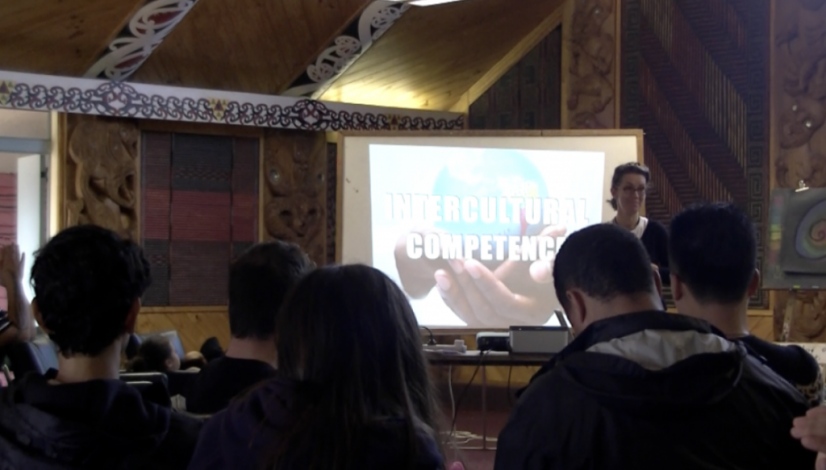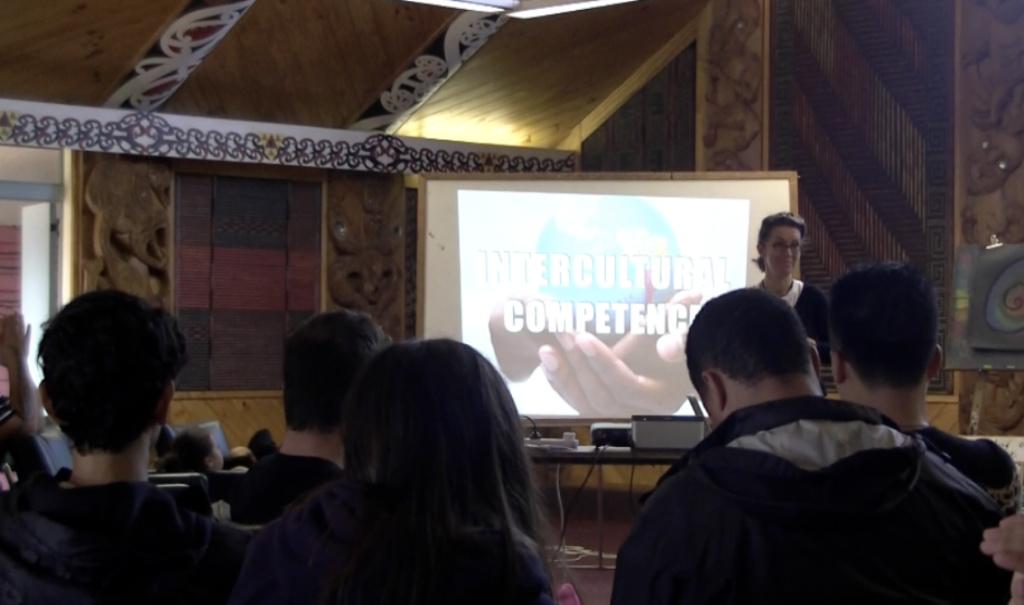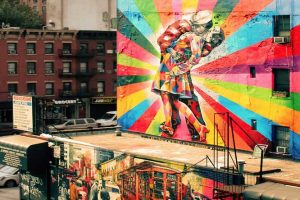Intercultural Youth Leadership
In the cooperation with St Heliers Centre Auckland and Carehouse Paeroa we organized in Paeroa an Intercultural Leadership Training for young people. Our aim was to encourage and empower youth by providing training that promote and enhance the quality of life for themselves, their communities and our world. With the input from the Māori Community and great workshops (form communication training to music session and basketball coaching) led by young people, we created an open space, seen as an opportunity for young people from various cultures, faiths and no-faith to get to know each other, share their vision, hopes and dreams for New Zealand and for the world. This is a necessary first step towards a New Zealand future and our common future of global coexistence.
Maori culture
One of the important part of our programme was to know more about the Māori culture. Māori are the tangata whenua, the indigenous people, of New Zealand. They came here more than 1000 years ago from their mythical Polynesian homeland of Hawaiki. Today Māori make up 14% of our population and their history, language and tradition are central to New Zealand’s identity. New Zealand’s Māori culture is an integral part of Kiwi life and adds a unique, dynamic experience for all people living in New Zealand.
Our participants experience Māori culture by visiting a mare (tribal meeting grounds) and learning about fascinating myths and legends from passionate Māori guides.
In the mare at the beginning of any hui, following the pōwhiri (formal welcome) , a round of introductions and speeches – or mihimihi – occurs. During this time, our host and guest ordinarily stand to share a little bit about where they come from and who they are in relation to this (i.e. share their pepeha, or tribal aphorism); many share significant parts of their whakaapa (genealogy).
Mihi whakatau from Dr. Anna Storck
Here is the mihi whakatau (formal greetings) Dr. Anna Storck prepared for her workshop about intercultural competence at the mare. It was the first time when she mentioned her parents and the place where she comes from instead of introducing herself in terms of positions and degrees. What a beautiful cross cultural experience!
Tēnā koutou, tēnā koutou, tēnā koutou kata (hallo everybody here)
Nag mini uni ki a koutou katoa (warm greeting to everyone)
Ki te atua -tēnā koe (to God – greetings)
Ki a papa too nuku tēnā doe (to mother earth – greetings)
Ki the phare tēnā doe (to the house – greetings)
Ki the hunger mate (farewell the dead)
Ki the hunger ora (welcome the living)
No Poland ahau (I am from Poland)
Ko Ślęża the manga (my mountain is Ślęża)
Ko Bystrzyca te awa (my river is Bystrzyca)
Ko papa the Wiktor (my father is Wiktor)
Ko mama the Anna (my mother is Anna)
Ko Anna Storck tofu Ingo (my name is Anna Storck)
No reira (I finish)
Tēnā koutou katoa (greetings to all)
You may be also interested in our related courses
All learning solutions are designed according to who we are training. Some participants need assistance with the new work culture, some prefer help with how to overcome mental challenges, others need to learn how to work in an international team. The finial program depends on earlier collaborative consultations and our training needs assessment results. Bellow possible training proposal.
Need More Information?
We are happy to answer any further questions






